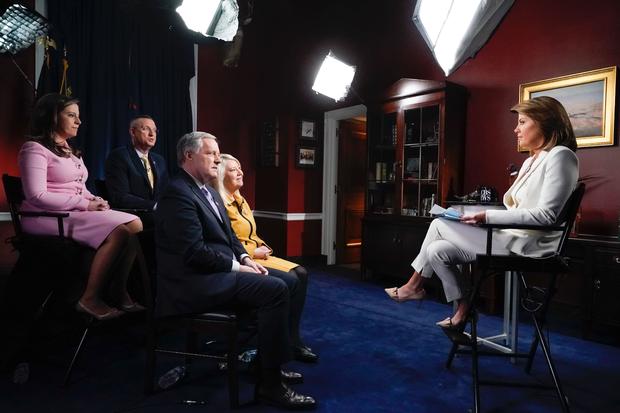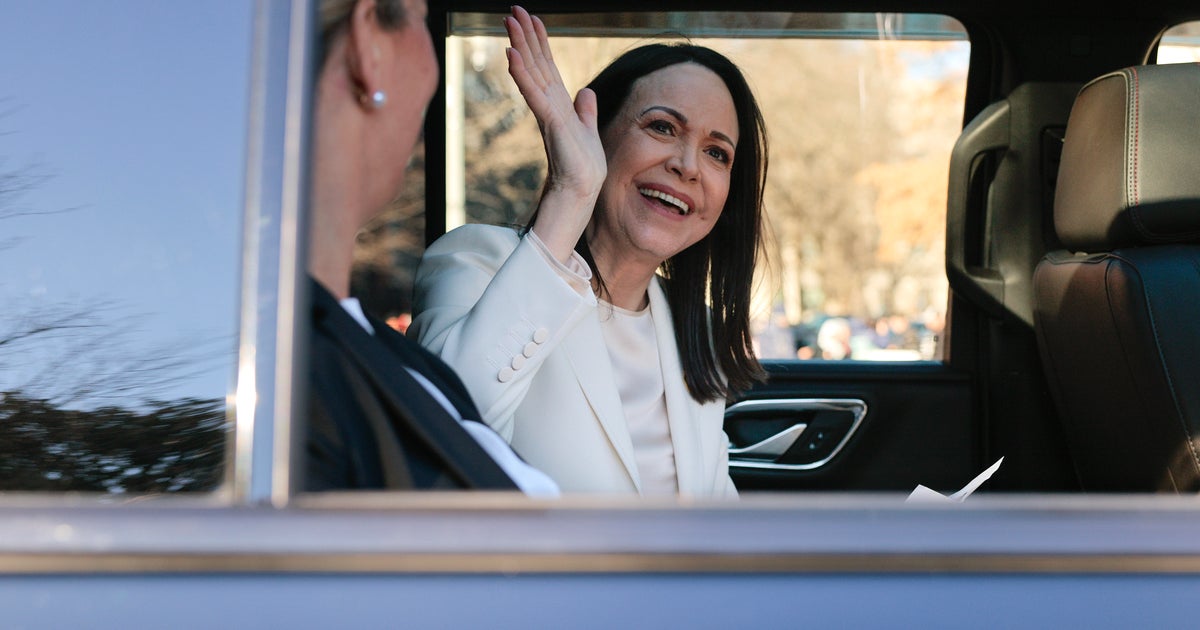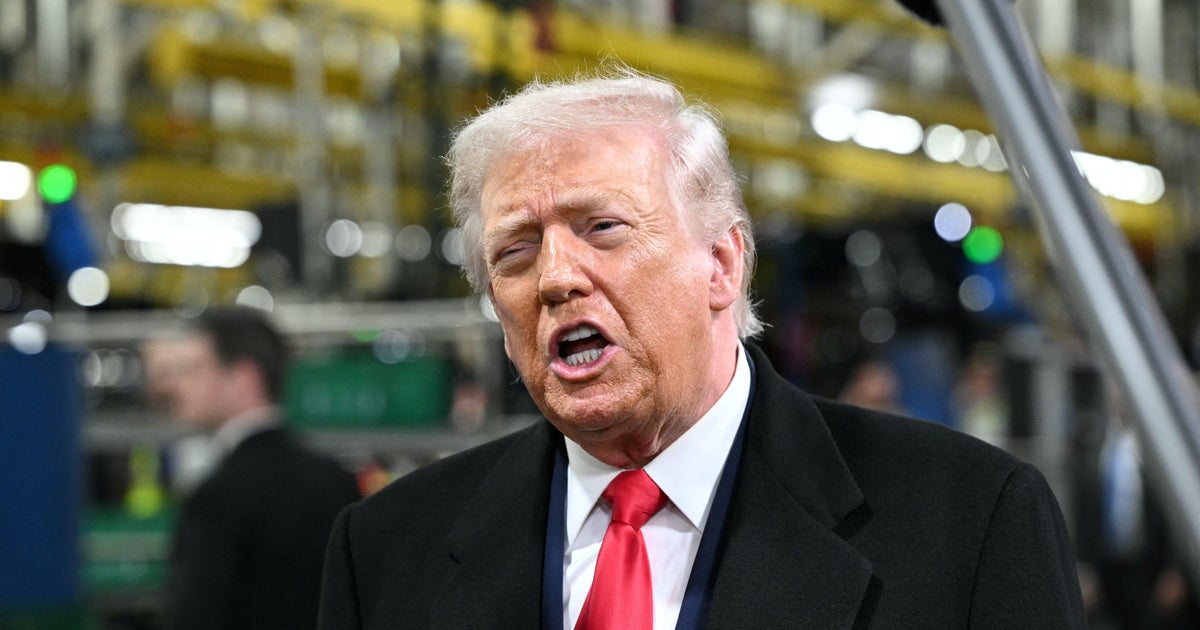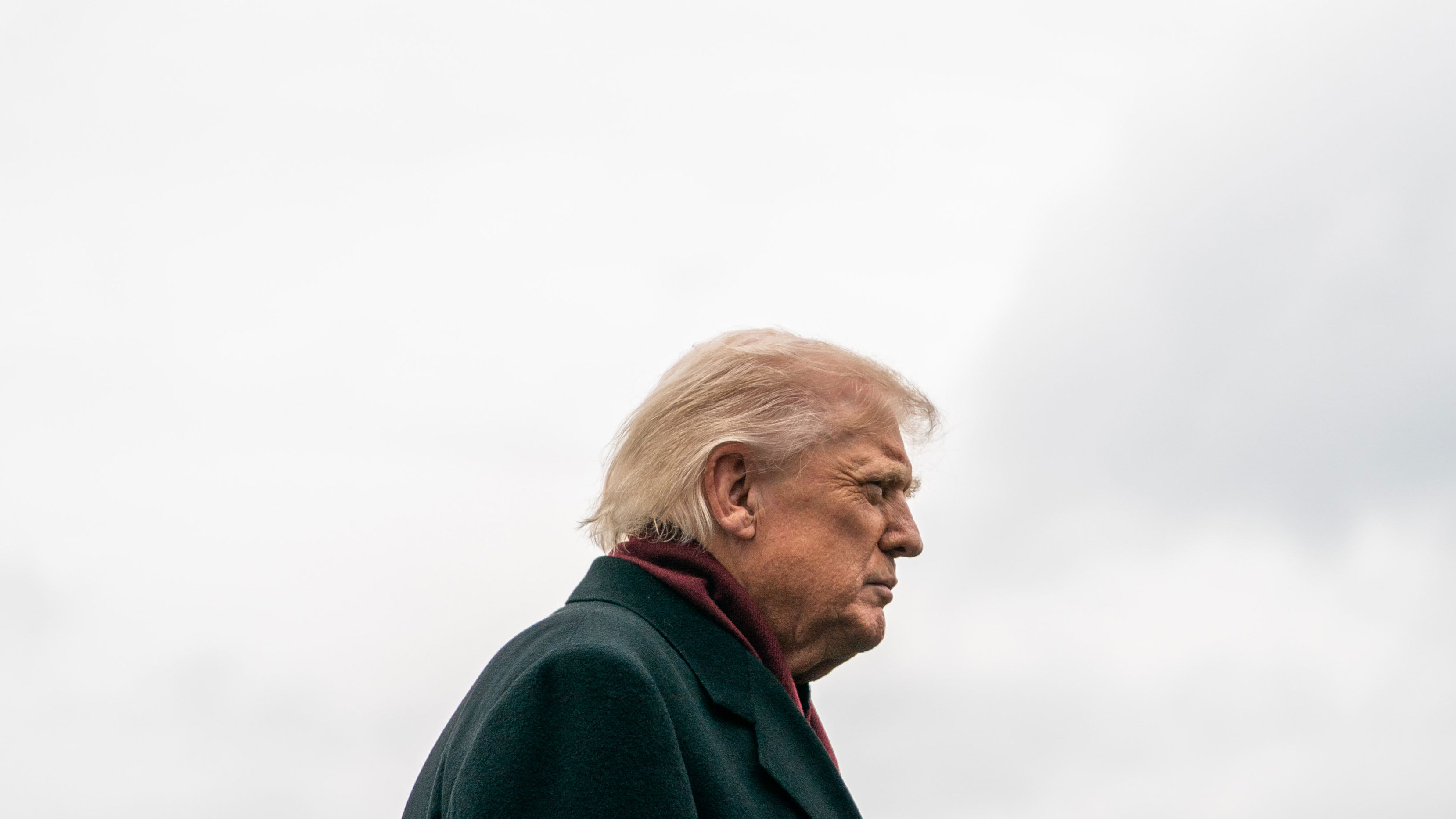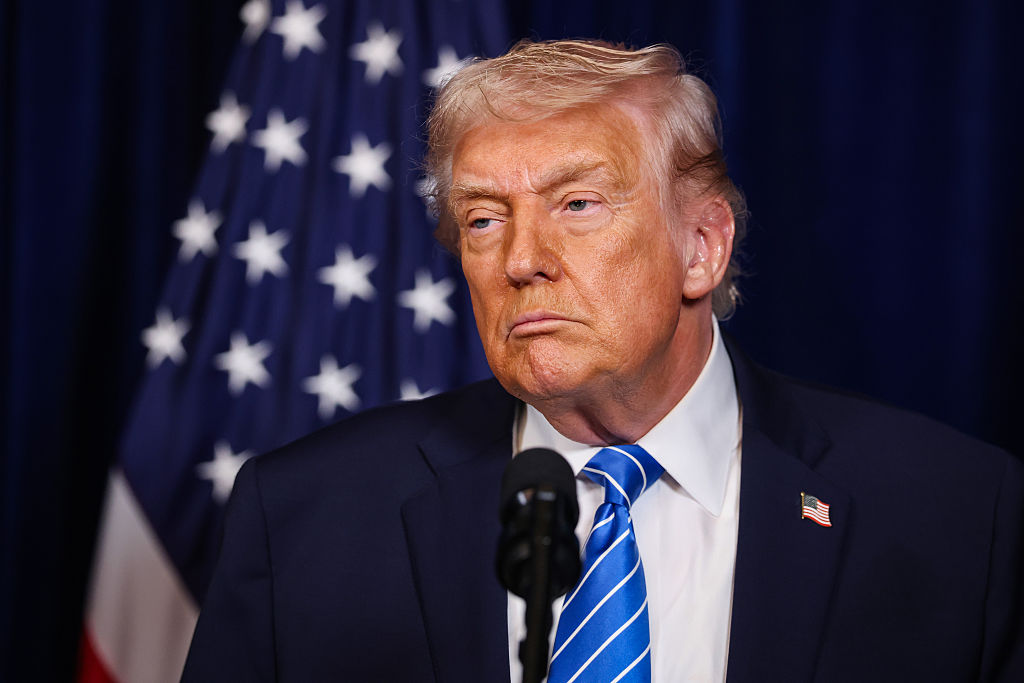White House impeachment team questions timing of Bolton's Ukraine claims
In an interview with "CBS Evening News" anchor Norah O'Donnell, the White House impeachment team questioned a report found President Trump told John Bolton that he wanted to withhold military aid to Ukraine until officials there looked into his political rivals. The New York Times first reported Sunday that Bolton's account is in a manuscript for his new book.
"You don't question the timing of this so-called release? We haven't even seen the book. This is very questionable to me," said Representative Debbie Lesko. "This is just like the Kavanaugh thing. It's like the Democrats drip out all this stuff to try to cause some controversy and influencing. This thing has been political from the start."
O'Donnell also spoke with Representatives Mark Meadows, Doug Collins and Elise Stefanik about the impeachment trial of President Donald Trump, the role of witnesses and whether Republicans could face repercussions if they break with the president. Read more of their conversation below:
Norah O'Donnell: The president's former national security advisor, John Bolton, writes in a new book that the aid to Ukraine was tied to the investigation of and to the Bidens. Does that contradict the president's defense?
Representative Mark Meadows: Well, I don't see it as a contradiction. But right now we're commenting on what we believe was leaked to the New York Times. And— and we've seen this play before.
O'Donnell: He says it was well-known within the White House that the aid was tied to the announcement of investigations, political investigations.
Representative Elise Stefanik: I've read every word of the depositions. The Democrat's star witness, which is Gordon Sondland, as you saw in the president's team's testimony, they said he presumed and assumed. There was no direct conversation. And Adam Schiff chose not to subpoena and continue that process with John Bolton. And they rushed this case.
O'Donnell: But Ambassador Bolton also makes the charge that the president was at odds with his entire national security team, that the Secretary of Defense—
Representative Doug Collins: Listen, there's two—
O'Donnell: That the Secretary of Defense, the—
Collins: Yeah, but —
O'Donnell: National Security Advisor were all urging the president in late August to release the aid, and that the president refused, and according to Bolton, kept on bringing conspiracy theories about Ukraine.
Meadows: Well, you know, you keep talking about what Bolton brings up. To my knowledge, no one's actually read the manuscript. So I wanna be clear—
O'Donnell: The White House team has. The White House counsel's team has a copy—
Meadows: They've actually communicated what was in that manuscript to you? 'Cause I've talked to them.
O'Donnell: They have confirmed that they read—
Meadows: Late last night at midnight and again, early this morning, and specifically when we look at that, and what is in the manuscripts and what is not relevant when it comes to this.
O'Donnell: Wouldn't what he has to say be of interest to members of Congress?
Collins: Whether Mr. Bolton is writing a book or not, frankly, that's what everybody does in this town. But what we go back to is just right about the facts. We know that nothing happened from the Ukrainian's point of view, and then they got the aid.
Meadows: I think at the end of the day, this will be an important issue to address outside the confines of an impeachment trial.
Representative Debbie Lesko: You don't question the timing of this so-called release? We haven't even seen the book. This is very questionable to me. This is just like the Kavanaugh thing. It's like the Democrats drip out all this stuff to try to cause some controversy and influencing. This thing has been political from the start.
O'Donnell: Do you think that this could influence the trial, that there might be some Republican Senators who then say, "We should hear from Bolton?"
Lesko: Well, whoever leaked it out certainly is trying to influence the trial and influence the public.
O'Donnell: Congressman Meadows, would you support a White House effort to block a Bolton testimony if he were called as a witness?
Meadows: You know, I've been one of the few that believe that Secretary Pompeo and Secretary Perry could have testified when it was over here in the House. I'm also one that believes that when you get close to the president, whether it be his chief of staff or his national security advisor, you have to allow for that free flow of conversation back and forth, where ideas can be shared. And so I do believe that executive privilege should be invoked on that and that we shouldn't hear from Ambassador Bolton.
O'Donnell: Do you think Republican senators face political repercussions if they break with the president?
Meadows: Yeah, I do. I mean, listen, I don't wanna speak for my Senate colleagues. But there are always political repercussions for every vote you take. There is no vote that is higher-profile than this.
Collins: The question needs to be flipped. Where is a courageous Democrat who will actually look at the facts and vote in favor of not impeaching this president?
O'Donnell: I've personally spoken with Republican senators who are on the fence and may vote to call witnesses, which would prolong this trial in the Senate… So I'm wondering about those senators who may vote to call witnesses and join the Democrats. Would they face political consequences?
Stefanik: I think this witness question is a very important one. Oftentimes, we're asked over 50% of the American people want the-- us to call witnesses. That doesn't just mean John Bolton. That means the whistleblower. That means Hunter Biden. And it really opens up challenges for the Democrats.
O'Donnell: I wanna ask you all about some new revelations that have come forward. There's this newly released video of the president from back in April 2018. I'm sure some of you have seen that audio and that video that's been leaked out, private dinner where someone recorded the whole thing.
Meadows: I'm shocked.
Collins: Yeah.
O'Donnell: Really —
Meadows: No, no, no. I mean, listen, I —
O'Donnell: But does it concern you that someone is taping an entire 80-minute conversation with the president in a dinner?
Meadows: Listen, we get taped and photographed all the time.
Stefanik: Nothing surprises me.
Meadows: And it doesn't surprise me anymore. Here's what is interesting, when that news broke about the Lev Parnas recording-- and I believe it was you guys — chimed in on it very, very quickly, as in terms of newsworthiness. Here's the interesting thing: That was a conversation that happened in 2018, in May of 2018. So one of two things that you have to do. Look at, is either the president was extremely patient or did not take the allegations that seriously. Because you can't have an allegation that's made in May of 2018 and she doesn't get removed for over a year. So we start looking at that. Everybody wants to put together a narrative that should show this unbelievable attack on an ambassador of the United States. At the same time, you know, when you start to try to put together a story in retrospect, you connect dots that really weren't connecting at the time.
